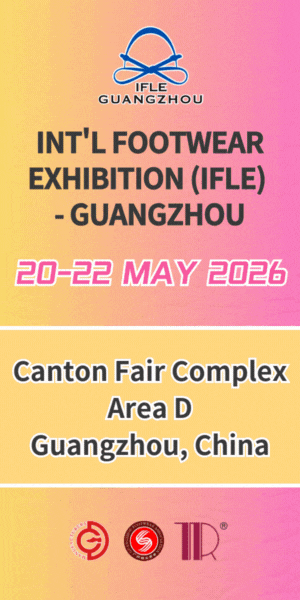Manufacturers urged to make brands pay the cost of labour disputes in China
09/06/2014
At a networking event held by the Taiwan Straits Exchange Foundation in Hsinchu in northern Taiwan on June 3, Kuo Shan-hui described the costs involved in resolving disputes in China as “a money pit”. Mr Kuo is the chairman of a group called the Association of Taiwan Investment Enterprise on the Mainland.
He said the relationship between Taiwanese companies and employees at their factories in China has changed in recent years, with the main differences being that Chinese workers no longer believe it’s important to stay with the same employer and that they can move from job to job much more easily than in the past. He also said “underground lawyers” were active in industrial areas agitating for workers to go on strike over perceived shortcomings in companies’ efforts to fulfill workers’rights.
Mr Kuo said the industrial action in April at one of Pou Chen’s factories in Dongguan was a good example of what can happen as a result of this provocation. The company was complying with all regulations, but the workers became convinced they were entitled to higher housing and living allowances and went on strike. He described the events as “an expensive lesson” for the Taiwanese footwear manufacturer.
He went on to complain that Taiwanese investors were being forced to pay higher fees than mainland-based business groups when bidding for land on which to build new factories.
In response, Yeh Hui-te, president of the Shanghai Association of Taiwan, told the meeting that Taiwanese investors that the Taiwan Straits Exchange Foundation was a good vehicle for lobbying the government in Beijing for change in the way the bidding process for land is working.
But on the subject of the cost of resolving labour disputes, Mr Yeh’s response was that manufacturers should simply factor this expense into their production costs and pass it onto brands.








